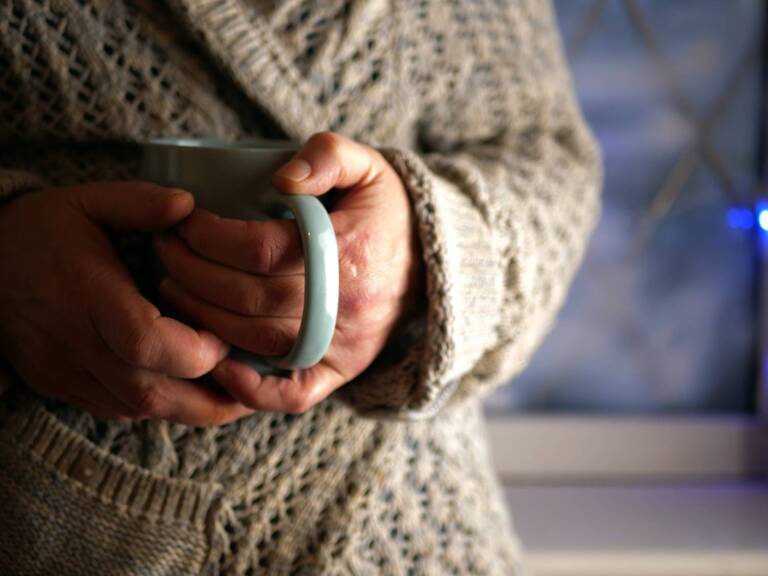Coming back to why summer is related to sneezing and heat fever:
Changes in temperature: Transiting from one place to the other, for instance, from air-conditioned to outside in the heat or going from outside in the sun to a cooler area could make someone sick.
Air conditioning: Most people have air conditioning at home or in their vehicles; while this gives a break from summer heat, it could dry nasal cavities and increase efficiency of germs.
Allergens: Pollen and dust which are usually found during summer seasons could also contribute to the cold.
A weakened immune system: Dehydration, irregular meals, and late nights tend to weaken our immune system, exposing us to illnesses.
Symptoms are usually not severe and will likely ease within a week. If symptoms continue for a prolonged period, however, there may be an underlying health problem. A viral cold might cause a slight fever, even in hot weather. Here are the common symptoms of cold in summer:
- Stuffy or runny nose
- Itchy throat
- Cough (dry or with phlegm)
- Mild fever or chills
- Fatigue
- Occasional headache or body aches
Most of these symptoms are mild and may fade within a week. However, if they persist for a longer time period, they could indicate a deeper health issue. A slight fever might develop with a viral cold, even in hot weather. However, high fever in summer could be a warning sign of conditions such as Flu or viral infection, Heatstroke, Dengue or malaria, Typhoid or food-borne illnesses or COVID-19. While a low-grade fever may not be problem, but a high temperature should never be ignored. Most cold and cough cases in summer are harmless and may go away with rest and fluids, but there are certain warning signs that call for medical attention.
Visit a doctor if:
- Your symptoms last more than 7–10 days.
- You have a fever above 101°F that doesn’t reduce after two days
- You experience sharp chest pain or difficulty breathing
- There’s a severe sore throat
- You develop rashes, vomiting, or fever
- The cold returns repeatedly within a short span
Ignoring these signs could lead to complications like bronchitis, sinus infections, or worsening of underlying conditions.
We all have heard this saying Prevention is better than cure. To avoid falling ill during the summer months, consider these health tips:
- Stay hydrated with water, coconut water, or homemade fruit juices
- Avoid overusing air conditioners and maintain moderate indoor temperatures
- Sleep well and manage stress to keep your immune system strong
- Limit cold drinks and desserts, especially after being out in the sun
- Use a mask in dusty or pollen-heavy areas if you have allergies
- Wash hands frequently, especially after coming home or before meals
If your symptoms are mild, you can try these simple home remedies:
- Ginger tea with honey can relieve sore throats and reduce inflammation
- Tulsi leaves (holy basil) can help with cough and boost immunity
- Steam inhalation with plain hot water can ease nasal congestion
- Warm saltwater gargles are excellent for throat discomfort
These remedies may not cure the cold, but they can make you feel better while your body fights off the infection.
Getting a cold during summer can feel out of place, but it’s not unusual. Air conditioning, allergies, and lifestyle habits all contribute to making your body more susceptible. Thankfully, most summer colds are mild and treatable at home. However, don’t hesitate to consult a healthcare provider if your symptoms linger or become severe. It’s always better to play it safe especially if fever or breathing issues are involved. Take care of your health, listen to your body, and enjoy the summer safely!





